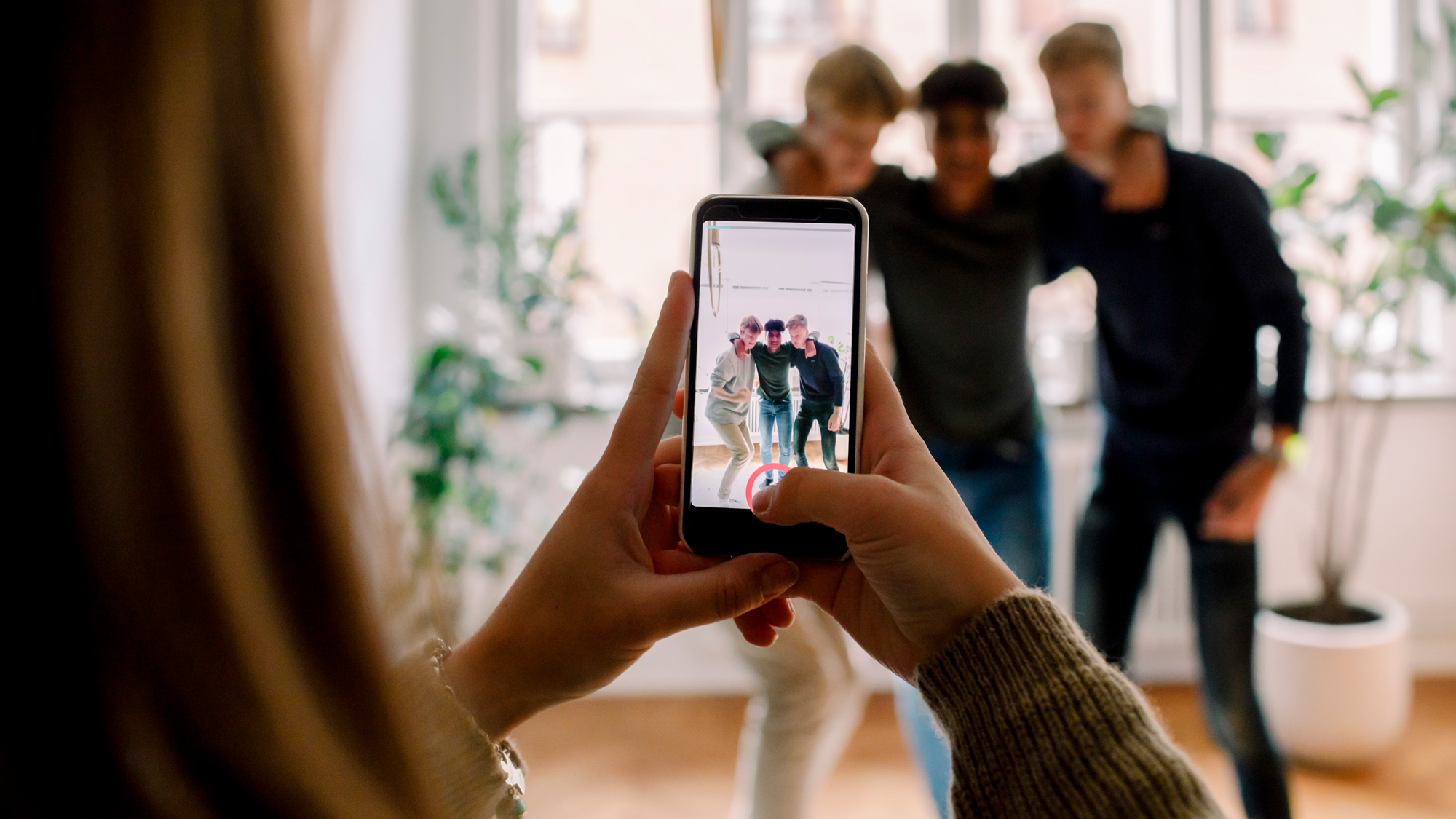Do AI beauty filters also affect how intelligent you think people are? New study reveals fascinating findings
Study participants who identified as male were more likely to rank edited images of women with lower intelligence scores

A new study published in Royal Society Open Science examines how the use of AI-based beauty filters can change the viewer’s opinion of the person in the photograph. The study, published on November 27, found that participants ranked the edited photos higher in intelligence, trustworthiness, sociability and happiness overall. But, when factoring in the gender of both the rater and the person in the image, the study’s authors found that the perceived intelligence tended to drop in AI-edited images of females while increasing in the edited photos of males.
The study aimed to explore cognitive biases in a digital world, further exploring what previous research has described as the attractiveness halo effect. The halo effect is a term used to describe the tendency for the perception of non-physical traits, such as intelligence and trustworthiness, to increase with perceived beauty.
The researchers asked 2,748 people to rate a set of portraits on positive attributes including attractiveness, intelligence, trustworthiness and sociability. Each of the 462 portraits used in the study had 2 versions, an original and one with an AI-based beauty filter applied. No participant saw the same before and after image of the same person, but each participant was asked to judge a mix of edited and unedited images. Participants were also asked to estimate the gender, age and ethnicity of the person in the photograph.
The results support previous research suggesting that a beautification halo effect exists – the AI-edited images scored higher in attractiveness, intelligence, trustworthiness, sociability and happiness overall. While 17% of the unedited images were ranked as attractive, 75% of the edited images were described as attractive.
However, when the researchers examined the data by gender, the authors noted significant differences in how both male and female participants ranked the opposite gender. Despite intelligence scores improving overall on the edited image, females “are perceived as less intelligent on average by male raters after beautification than before applying the filter,” the authors noted.
Female participants, on the other hand, ranked the edited photos of males as more intelligent but tended to rank the AI-altered images of males lower in sociability and happiness. The females in the study also tended to give the unedited images of other women a higher attractiveness score than the male participants.
“Frequent use of beauty filters has already been found to lead to anxiety and depression, reduced self-esteem, body dysmorphia, an increase of plastic surgery, feelings of inadequacy and increased pressure to conform to unrealistic beauty standards,” the journal article reads. “Our research adds a new dimension to the harmful consequences of using beauty filters by empirically demonstrating that females are perceived by men as less intelligent after the application of the filters.”
Get the Digital Camera World Newsletter
The best camera deals, reviews, product advice, and unmissable photography news, direct to your inbox!
Researchers theorize that stereotypes could play a role in the gender bias, but stressed that future research would have to be conducted to establish such a link.
The study isn’t without its flaws. Preventing participants from seeing the same before and after image enabled the researchers to conduct the story without telling the participants that some of the images had been altered. However, that also meant the researchers couldn’t compare how the same person ranked the before and after image, only how the average scores changed overall.
The study’s authors also note that, because participants were required to understand English and were located largely in the US and the UK, the majority of participants were white.
You might also like…
Read more with TikTok's move to limit beauty filters among teenagers and why AI beauty filters left us with a case of heebie jeebies after trying out Google's AI Magic Editor.

With more than a decade of experience reviewing and writing about cameras and technology, Hillary K. Grigonis leads the US coverage for Digital Camera World. Her work has appeared in Business Insider, Digital Trends, Pocket-lint, Rangefinder, The Phoblographer and more.
